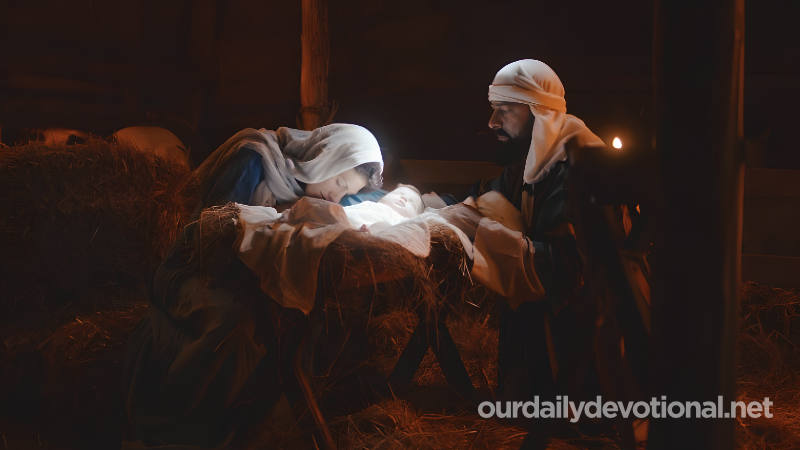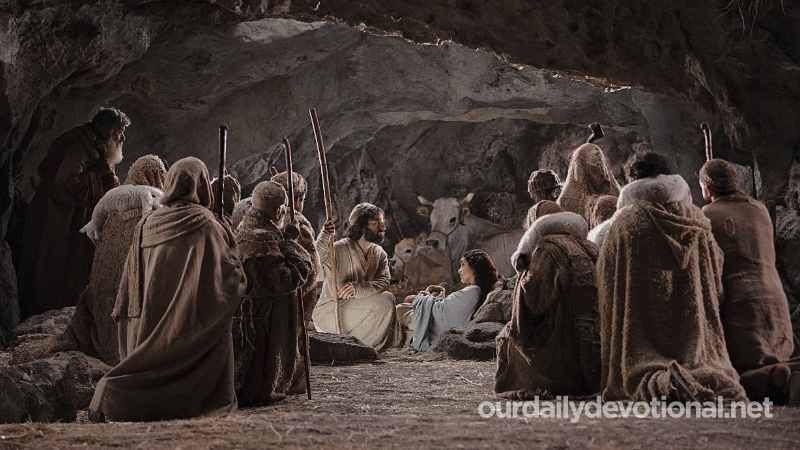Forming the richest part of the victim's body, it had to be offered to God above all else: “meal is an offering that is burned for a sweet aroma to Jehovah; all the fat is from the Lord” (Lev. 3:16).
Abel offered to God the fat of the firstborn of his sheep (Gen. 4:4; cp. Num. 18:17).
By the Mosaic law, all the fat of sacrificed animals belongs to Jehovah. There is an express prohibition on eating it (Lev. 3:3, 9, 17; 7:3, 23, 25), as there is with blood (although the prohibition on eating fat is limited to the Mosaic ceremonial law; Not so with the eating of blood, which extends to all humanity, and which has not ceased to be valid, Gen. 9:3, 4; cp. 15:20, 28-29).
Burned on the altar, the fat was a sweet-smelling sacrifice to Jehovah (Ex. 29:13, 22; Lev. 4:8-10, 31). Evidently, on the occasion of the settlement in Canaan and due to the distance that separated most of the Israelites from the central sanctuary, the prescription of burning fat was abolished when it came to animals dedicated solely to consumption as food (Deut. 12: 15 , 16, 21-24).
In Isaiah 1:11 it is translated "fat." In the Neh passage. 8:10, where it is commanded: "Go, eat fat, drink sweet wine," the term translated "fat" is not "cheleb," as in the other passages, but "mashmannim," lit., oily substances, and appears only in this passage in the entire OT. It is evident that it does not refer to animal fat.
Apparently it refers to delicious foods.
Fatness, in typology, represents the internal energy of the Lord Jesus in his offering of Himself to God.
Meaning of THICKNESS
Forming the richest part of the victim's body, it had to be offered to God above all else: “meal is an offering that is burned for a sweet aroma to Jehovah; all the fat is from the Lord” (Lev. 3:16).







